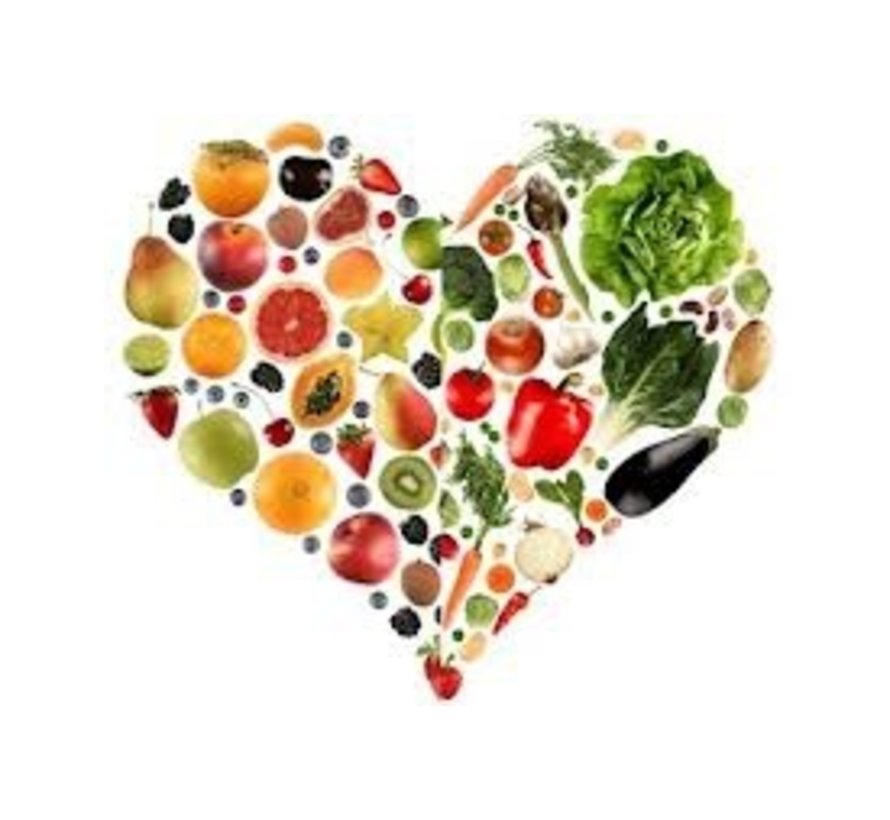Vitamin B2 Riboflavin
Vitamin B2 is a collective name for riboflavin and its metabolites flavin adenine dinucleotide (FAD) and flavin monucleotide (FMN).
Vitamin B2 is a water-soluble and essential vitamin with an important role in energy metabolism. The daily needs of the body are met with a normal diet.
Deficiencies of vitamin B2 are less common than with other vitamins, but may occur in pregnant women (and during lactation) because of greater need, chronic alcoholics, a one-sided diet or severe gastrointestinal problems. Typical complaints are skin rashes, skin cracks, eye abnormalities, inflammation of the tongue or photosensitivity.
In case of a slow working thyroid gland, adrenal insufficiency or with certain medications (some antidepressants) a higher intake of B2 is necessary because of inhibition of the action of B2 in the body.
There is actually no chance of overdosing, because the kidneys excrete too much B2 immediately, while absorption in the intestines and storage in the body is limited.
Because vitamin B2 is a vitamin found in many foods, when a deficiency is demonstrated it makes sense to investigate other vitamin concentrations as well.
Important sources of vitamin B2 are dairy, meat (products), vegetables, fruits and cereal products.
The Health Council has set the recommended daily allowance of vitamin B2 for adult men at 1.5 milligrams and for women at 1.1 milligrams. This is equivalent to 4 glasses of milk.
There are few to no known adverse effects of high vitamin B2 intake. Therefore, no safe upper limit has been established. The Vitamin Information Office uses a guideline of up to 5x the recommended daily allowance (RDA) per day. This guideline is based on the maximum safe upper limits drawn up in the Netherlands, the European Union and the United States.
What are the consequences of too much vitamin B2?
There are few to no known adverse effects of a high vitamin B2 intake.
What arethe consequences of a deficiency of vitamin B2?
A deficiency of vitamin B2 can cause inflammation of the skin, mainly at the corners of the mouth. A vitamin B2 deficiency can lead to a lowering of hemoglobin levels and can cause fatigue symptoms. This is risky: hemoglobin is the red dye in our blood and carries oxygen in the blood from the lungs to all the cells in our body.
FMN: Riboflavin is a component of the coenzyme flavin mononucleotide (riboflavin-5'-phosphate).
FAD flavin adenine nucleotide is involved in energy metabolism of steroid hormones, fat metabolism and the activity of various enzymes (including glutathione).
MTHFR is also a vitamin B2-dependent enzyme. Vitamin B2 is important for iron metabolism. Other (non-specific) symptoms of riboflavin deficiency are: inflamed corners of the mouth, dry lips with chapping, swollen and red mucous membranes of the mouth and pharynx, inflamed tongue, eczema (especially around the nose and between the nose and lips), eye complaints (light sensitivity, burning, itching, tears).
The risk of riboflavin deficiency is increased in diabetes, heart disease, cancer, malabsorption, renal dialysis, and medication use (e.g., birth control pill, antipsychotics, tricyclic antidepressants).
The conversion of riboflavin to FMN and FAD is dependent on thyroid hormone.
The Vitamin B2 blood value is reported in 3 fractions:
- Vitamin B2 (riboflavin) is good if it is below 30.6 nmol/l.
- Vitamin B2 (FAD) is good if it is between 197 - 452 nmol/l
- Vitamin B2 (FMN) is good if it is below 34.4 nmol / l
As indicators of vitamin B2/Riboflavin deficiency or as follow-up studies, the following are also appropriate
:
-Demonstrating decreased erythrocyte Gluthation Reductase activity-Demonstrating
decreased vitamin B2 excretion in urine





